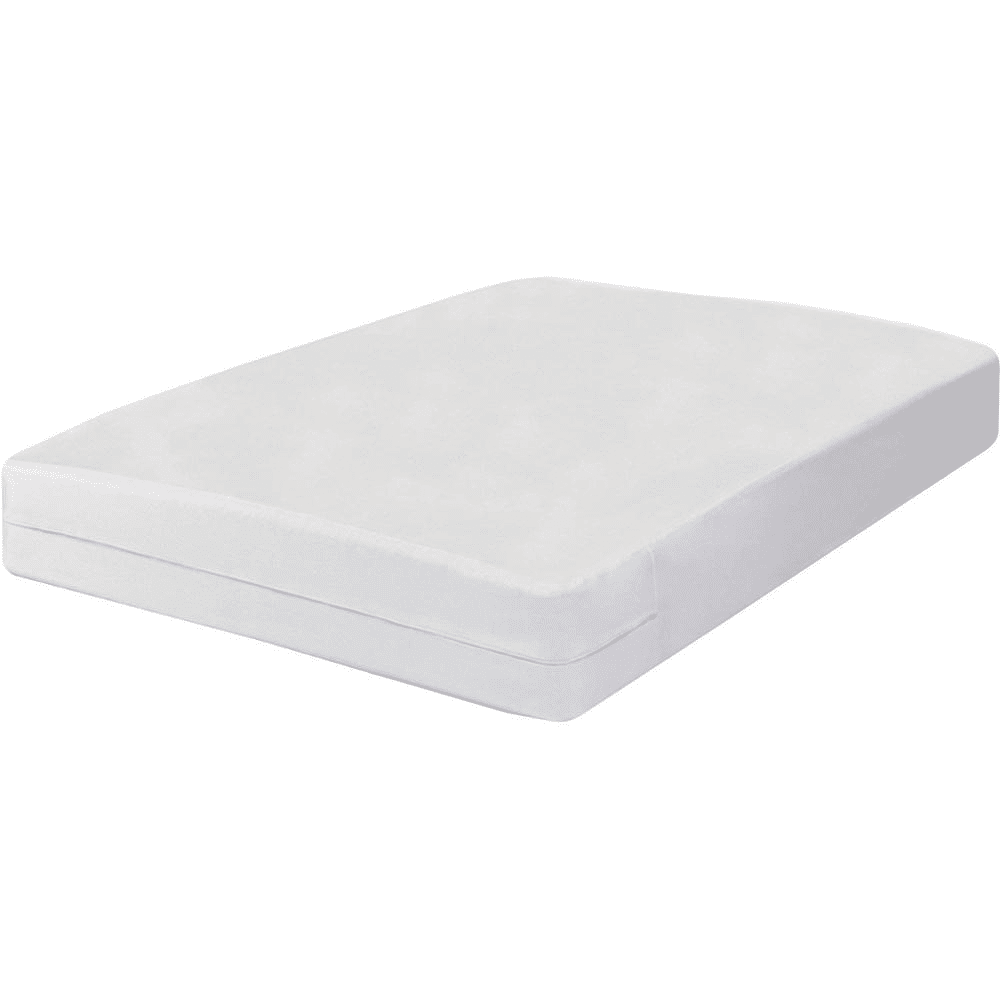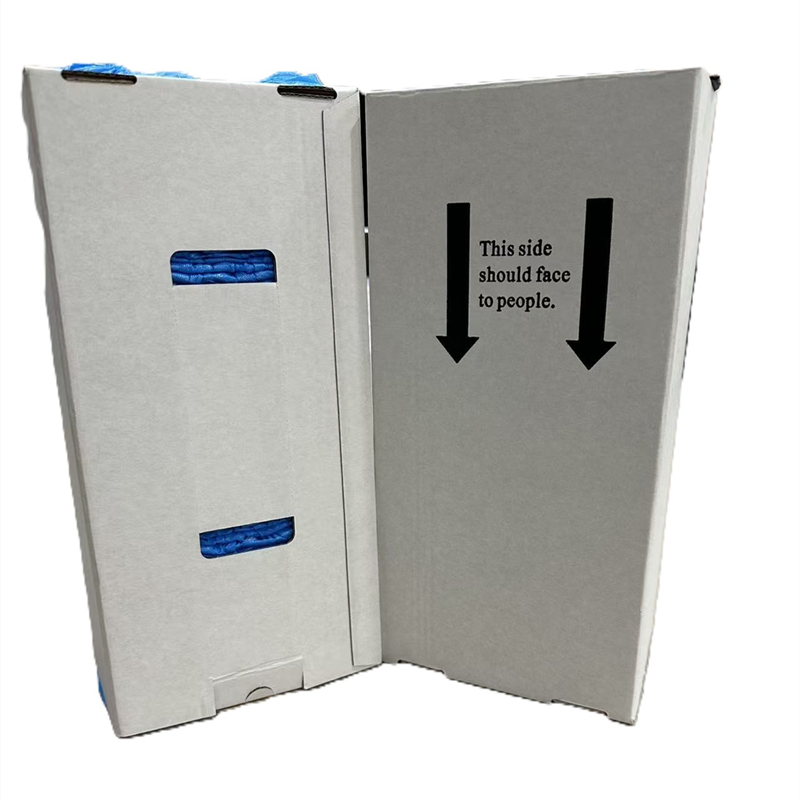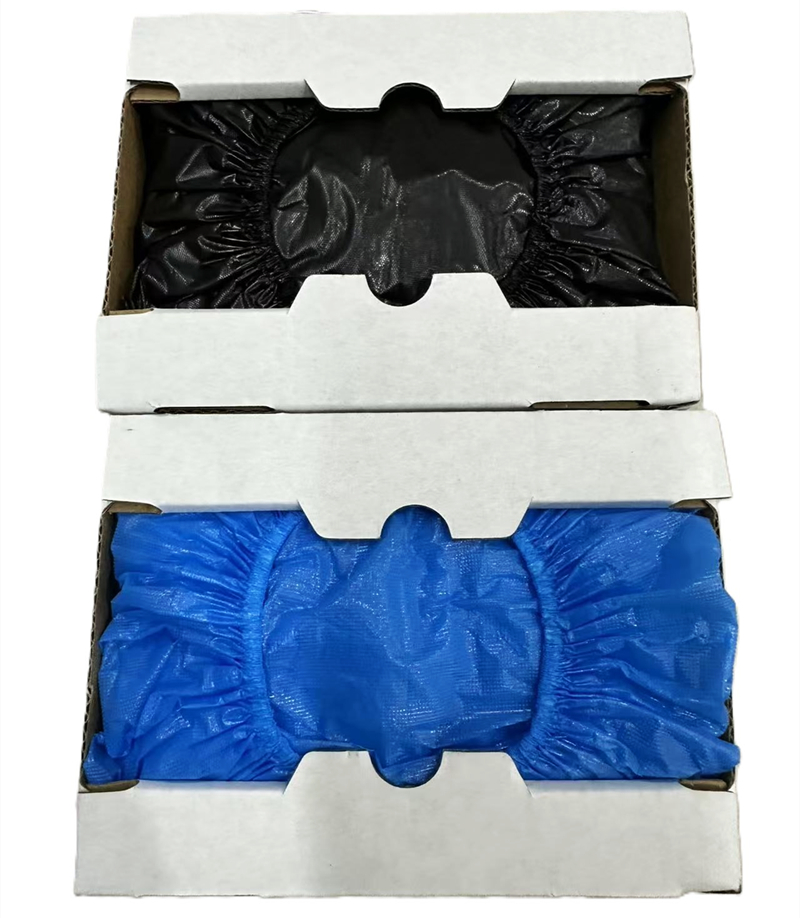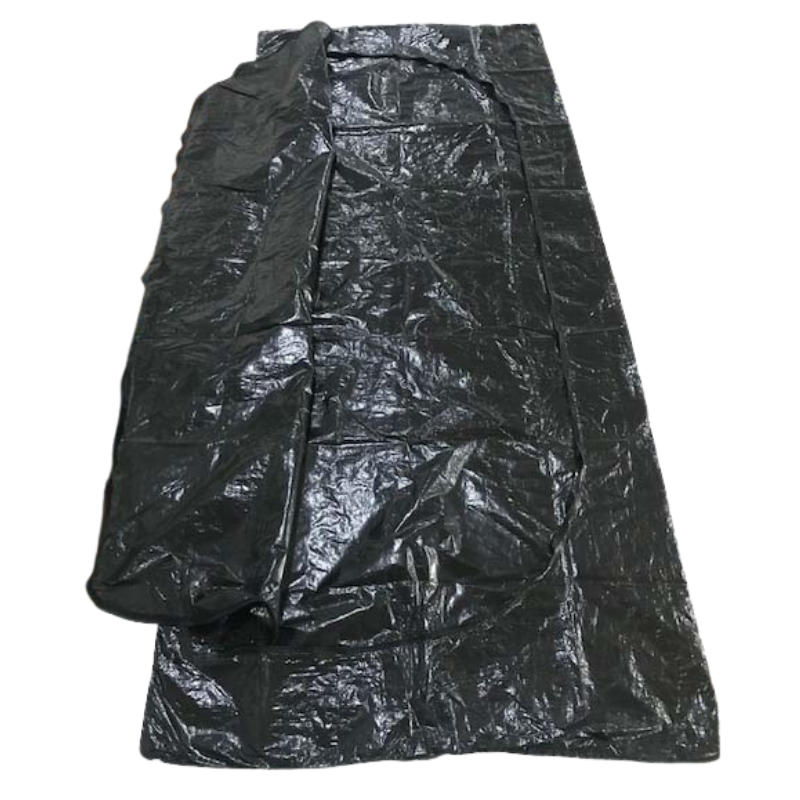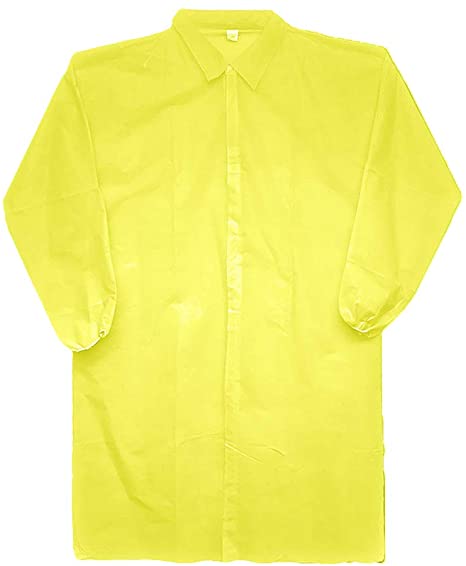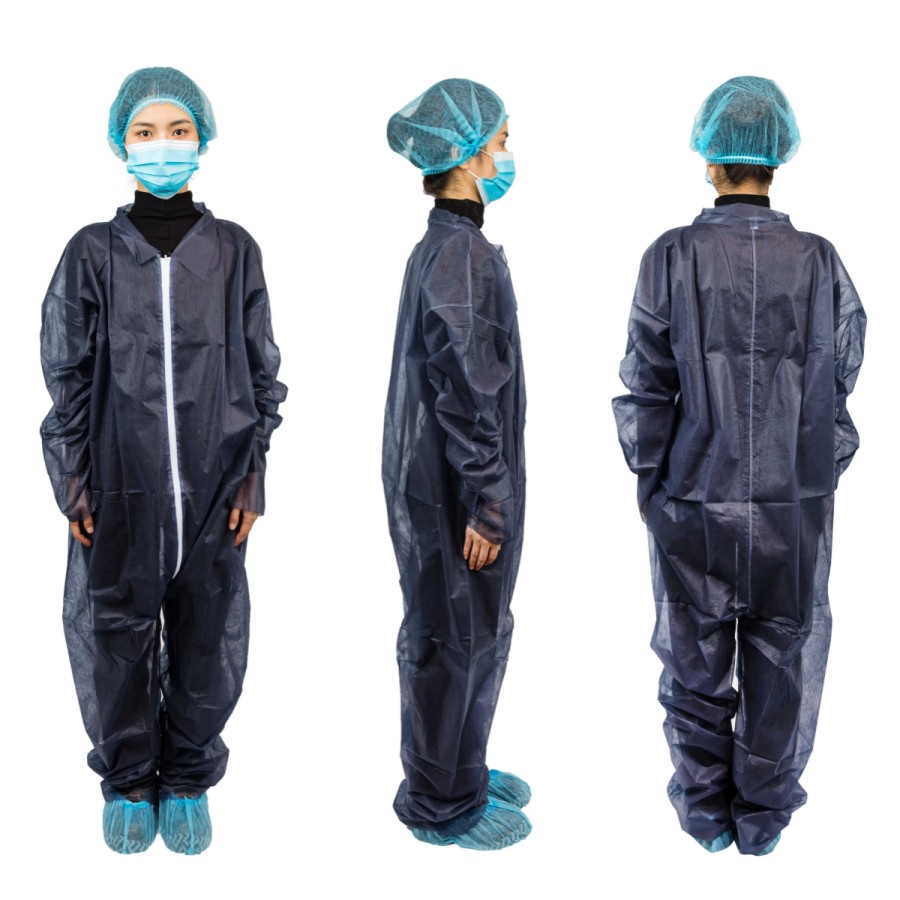Введение
Sleep is a crucial part of our daily lives. We spend nearly a third of our lives asleep, making our bed a significant investment. When it comes to ensuring a quality sleep experience, few factors are as important as the bed and, more specifically, the mattress.
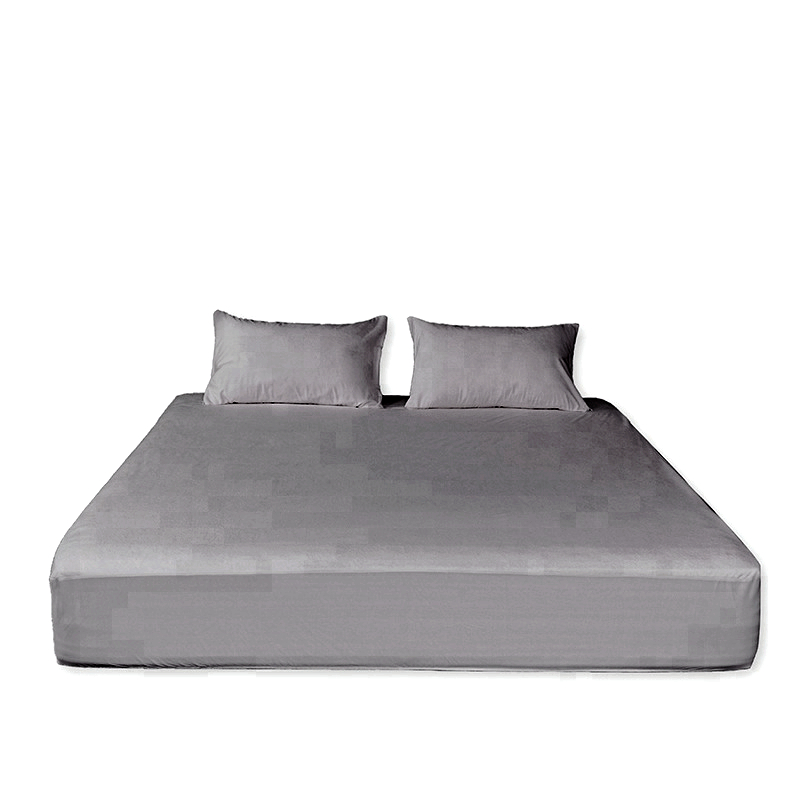
The Importance of Sleep
A good night’s sleep contributes to improved mental and physical health, boosts your mood, and sharpens your cognitive abilities. However, these benefits can only be fully realized if the conditions for sleep are optimal, which brings us to the importance of a good mattress and its protection.
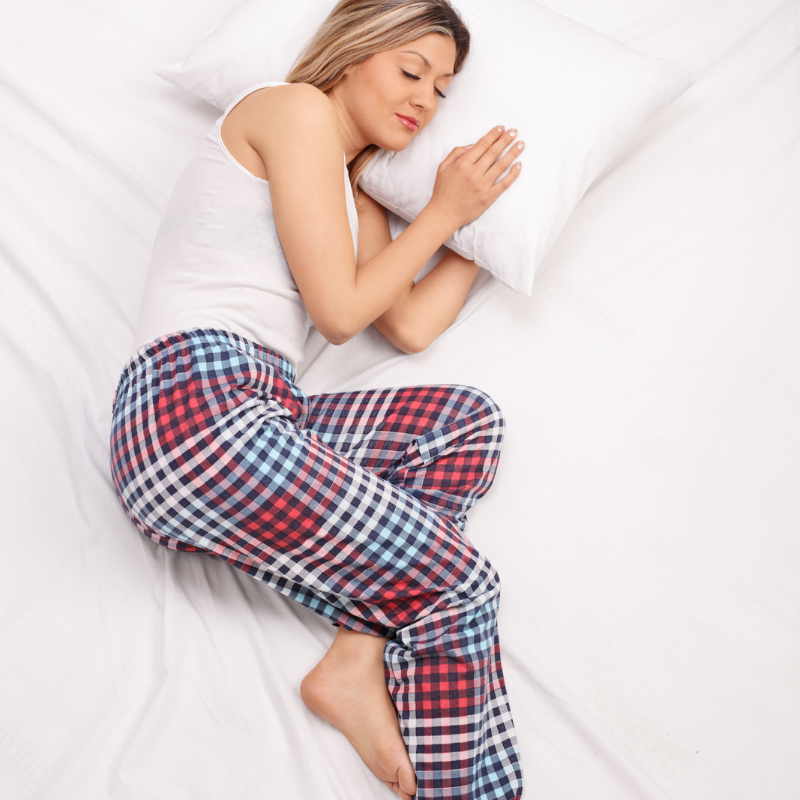
The Value of a Good Mattress
A quality mattress can make all the difference between a restful night’s sleep and a restless one. It provides the right balance of comfort and support, ensuring proper body alignment while you sleep. Unfortunately, mattresses can be vulnerable to spills, stains, and allergens, all of which can compromise their lifespan and your comfort.
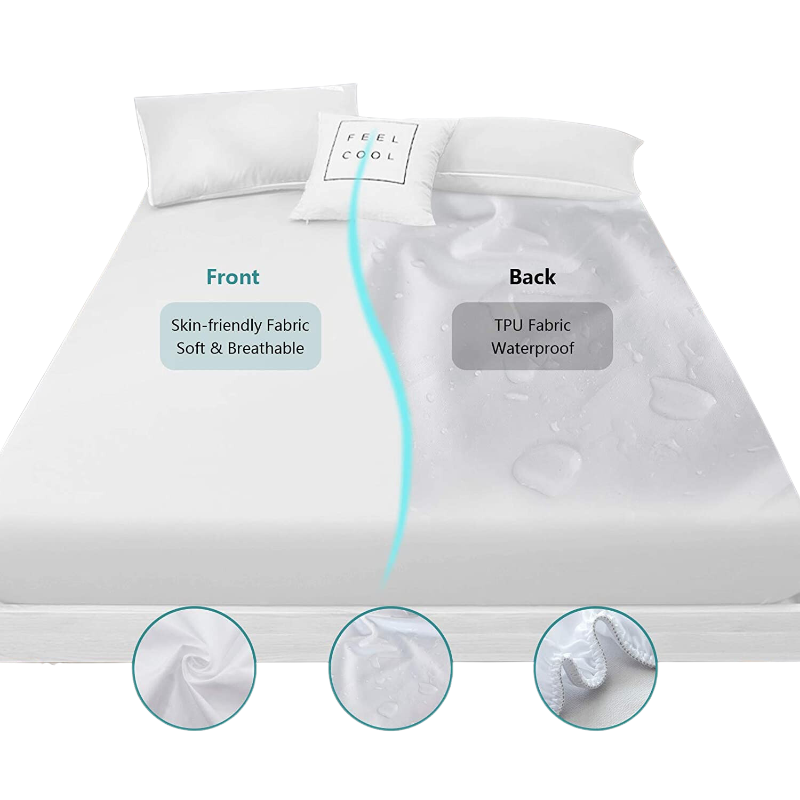
What is a Mattress Protector?
This is where a mattress protector, specifically a custom waterproof mattress protector, comes into play. A mattress protector is a cover that fits over your mattress to protect it from spills, stains, and allergens. It extends the life of your mattress and ensures a healthy sleeping environment.
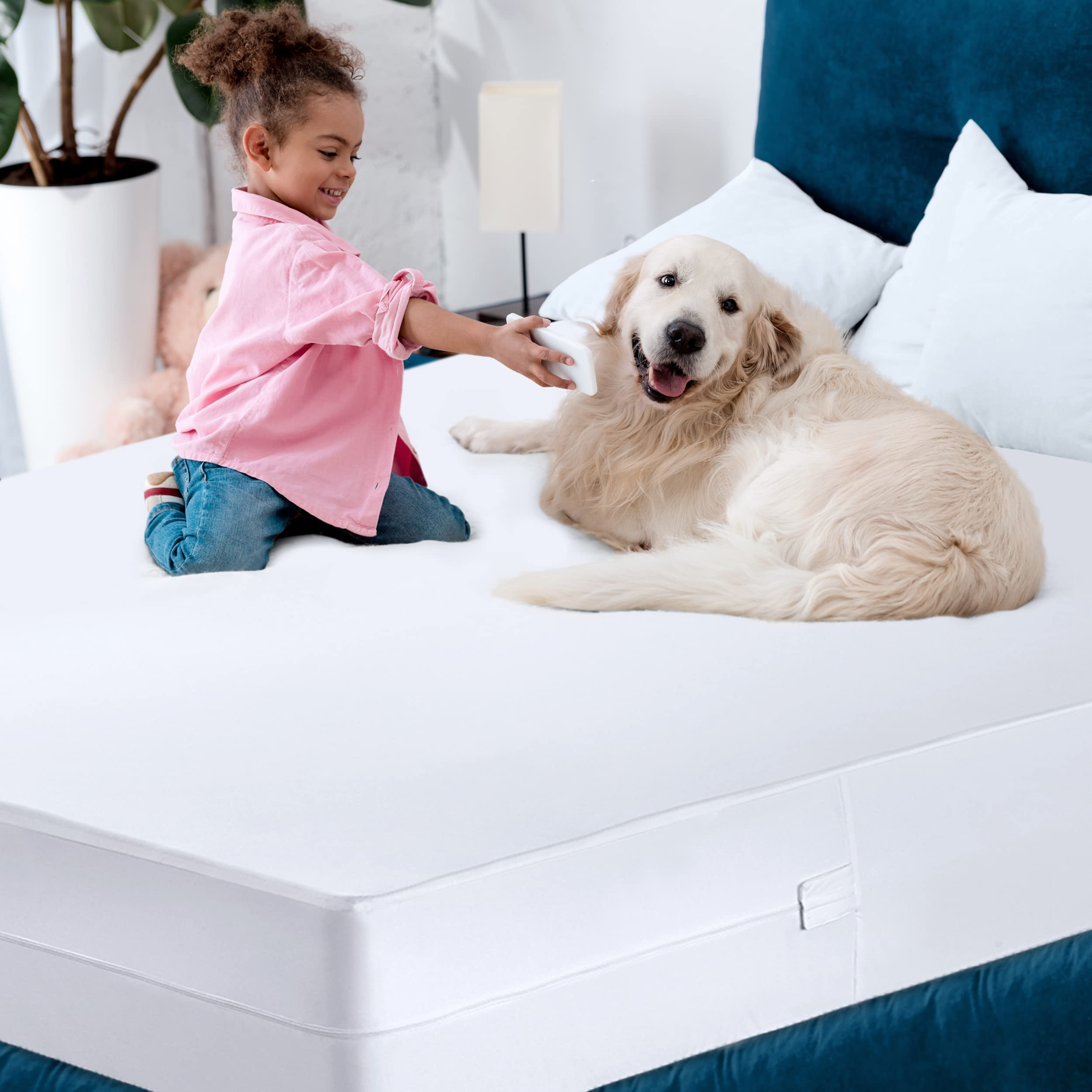
The Role of Disposable Mattress Protectors
Disposable mattress protectors offer a simple and efficient way to keep your mattress clean and hygienic. These covers can be easily removed and replaced, making them a convenient solution for maintaining a healthy sleep environment.
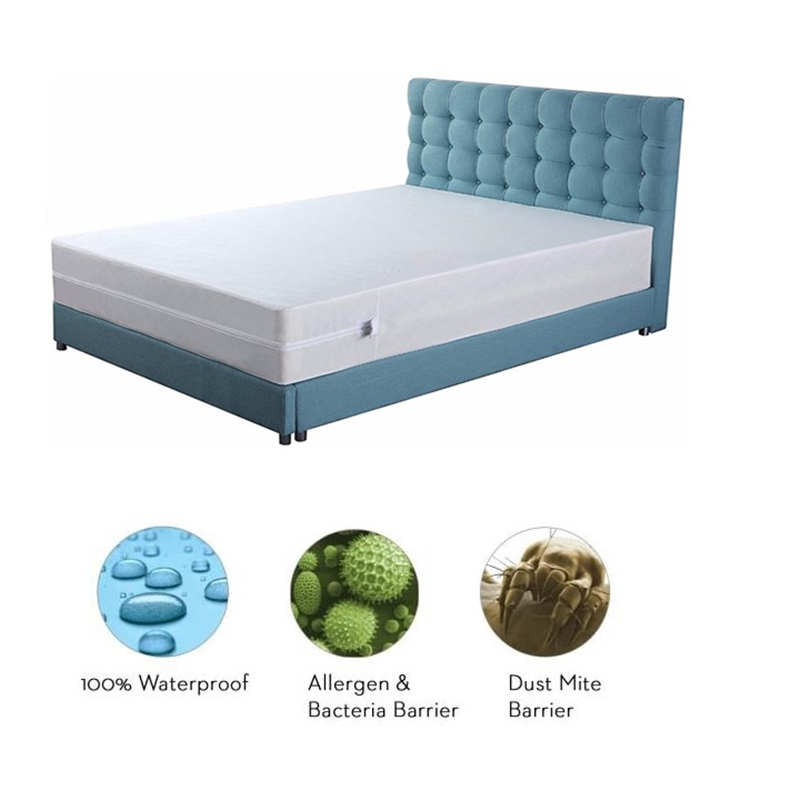
The Custom Waterproof Mattress Protector
A custom waterproof mattress protector takes mattress protection to another level. It’s not only designed to fit your mattress perfectly but is also made of materials that resist water and other fluids, protecting your mattress from spills and accidents. With the right custom size, your mattress protector will fit like a glove, ensuring comprehensive coverage and protection.
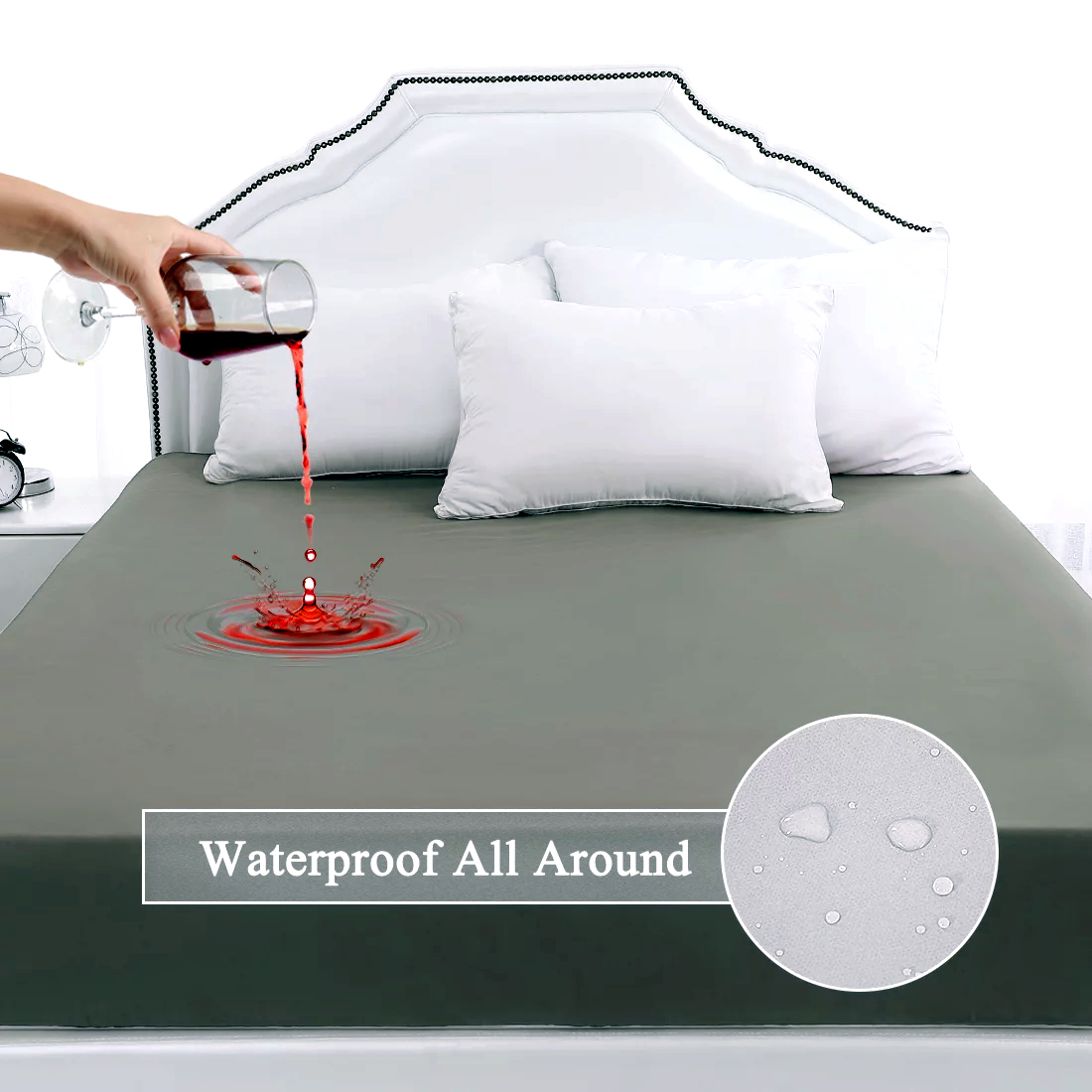
Understanding the Different Materials Used
When it comes to mattress protectors, the material matters. Some common materials used include PP+PE fabrics, PE film, PU, and TPU. Each of these materials offers different levels of protection and comfort.
PP+PE Fabric
PP+PE (polypropylene+polyethylene) fabric is popular materials for disposable mattress covers. It offers excellent protection against liquids and are also lightweight and breathable, making them a good choice for comfortable sleep.
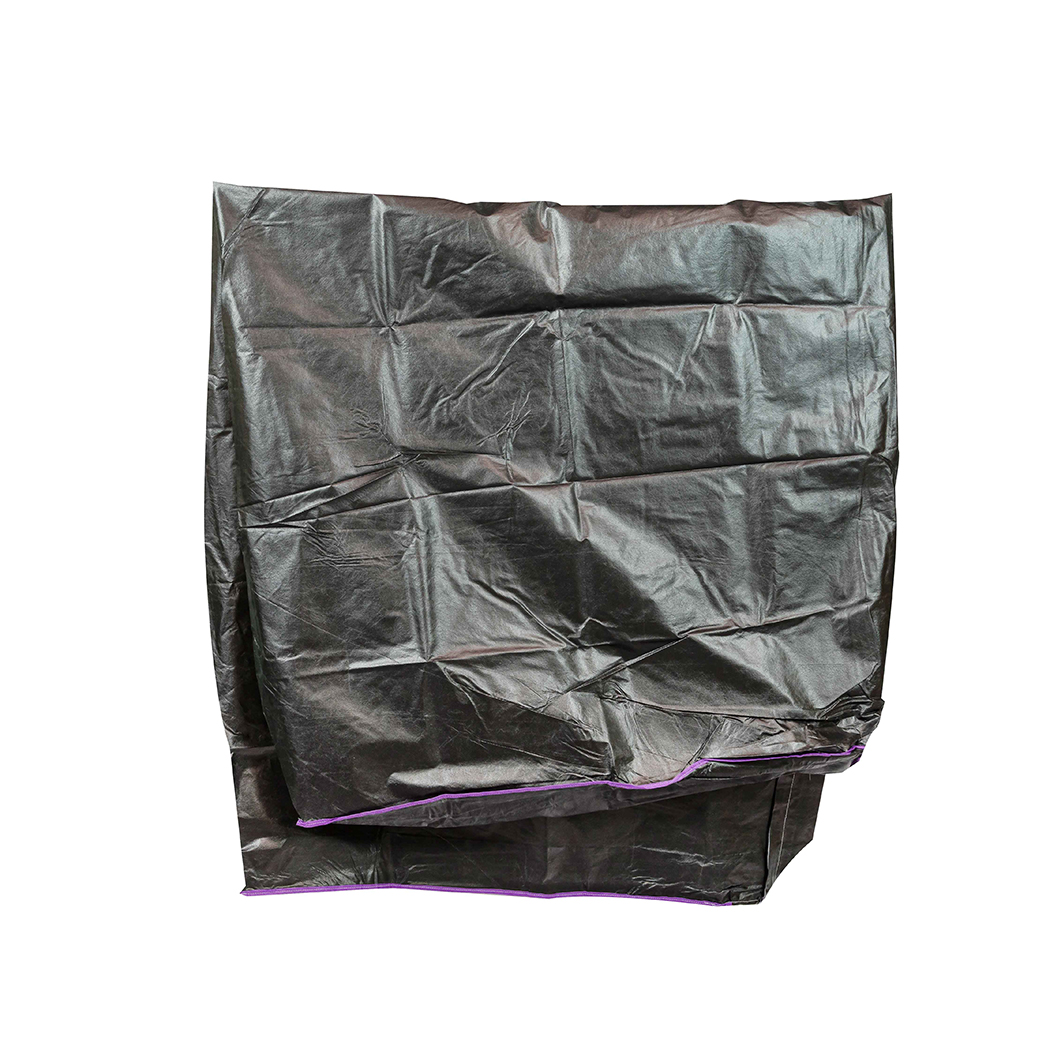
Полиэтиленовая пленка
PE (polyethylene) film is another material often used in the production of mattress protectors. It’s waterproof and durable, providing a reliable barrier against liquids and stains.
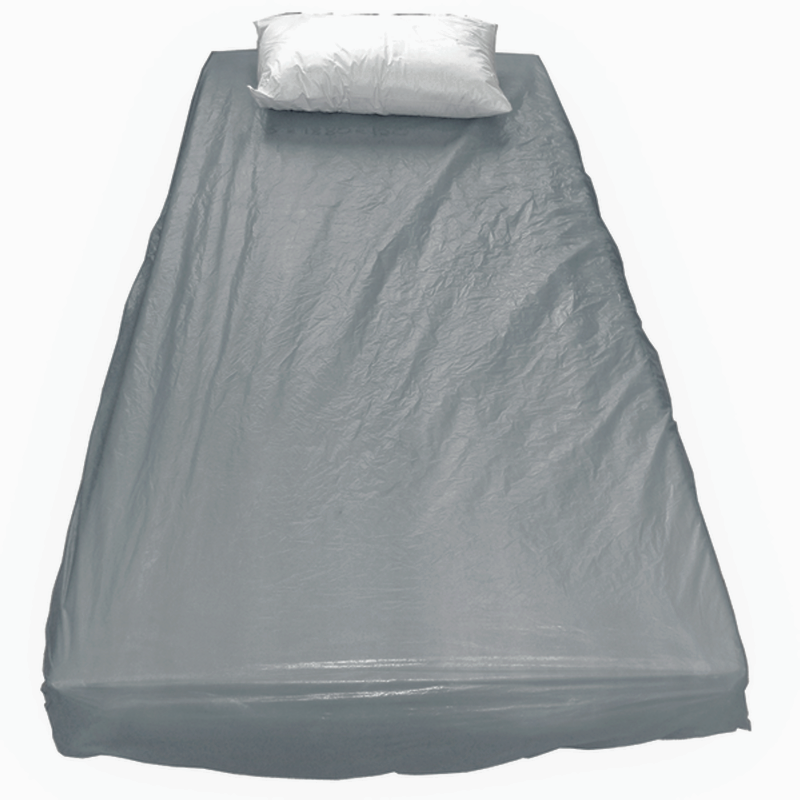
TPU
TPU is often used in mattress protectors due to its durability, flexibility, and breathability. TPU is waterproof, yet it allows the mattress to breathe, meaning it doesn’t affect body temperature while providing protection from spills, dust mites, mold, mildew, and even bed bugs. Moreover, TPU is considered safe and non-toxic, making it a suitable choice for people who are sensitive to chemicals or allergies. It also has anti-bacterial properties, helping to reduce odors and bacterial buildup inside your bedding.
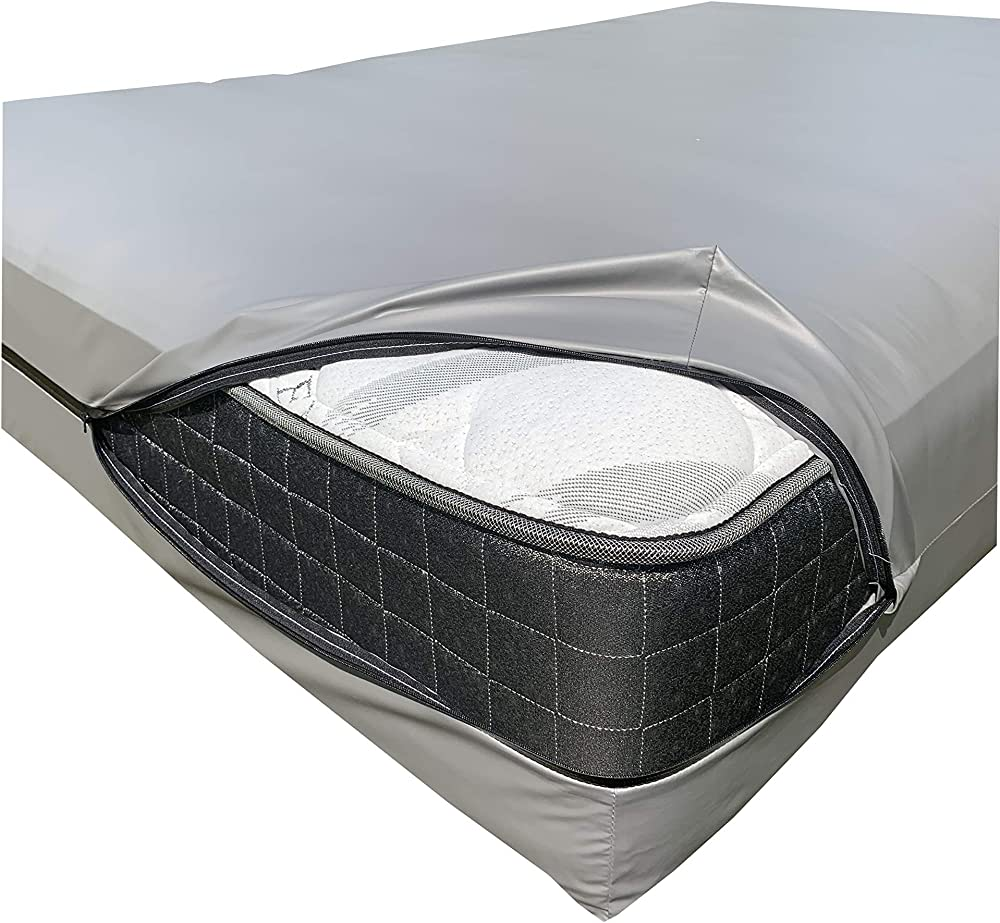
How to Choose a Mattress Protector
Now that we’ve covered the materials used in mattress protectors and their potential impact on health, let’s delve into the factors to consider when choosing a mattress protector.
1. Size and Fit
Firstly, ensure that the mattress protector is the right size for your bed. They come in standard mattress sizes, including twin, full, queen, king, and California king, also custom size mattress. Additionally, check that the depth of the mattress protector matches the depth of your custom mattress, especially if you have a particularly thick or thin mattress.
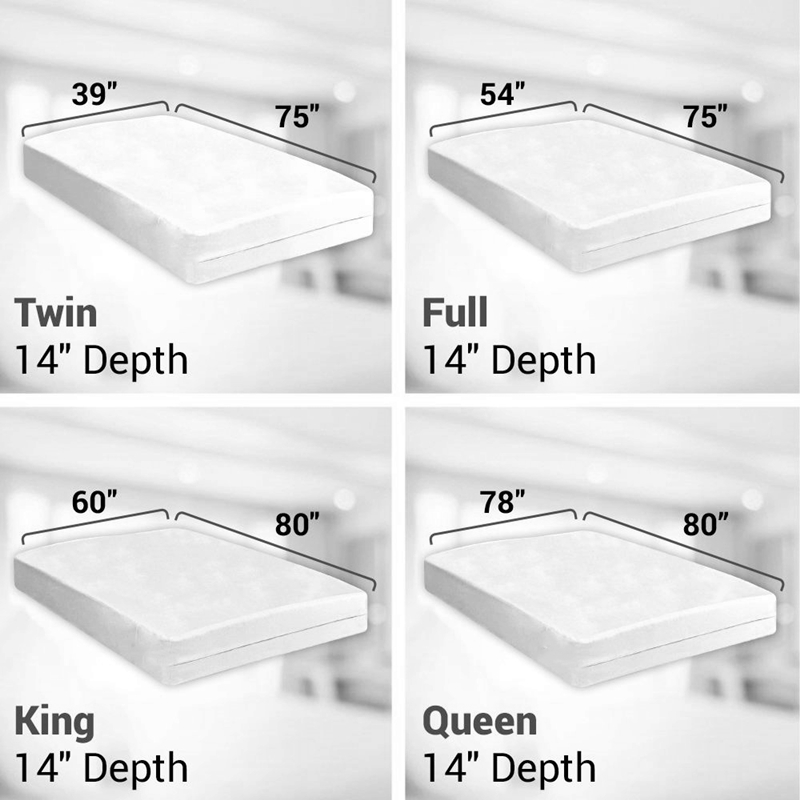
The perfect fit of the protector is also crucial. Some mattress protectors are fitted, much like a fitted sheet, while others encase the entire mattress and zip closed. The latter type can provide more comprehensive protection, particularly against bed bugs.
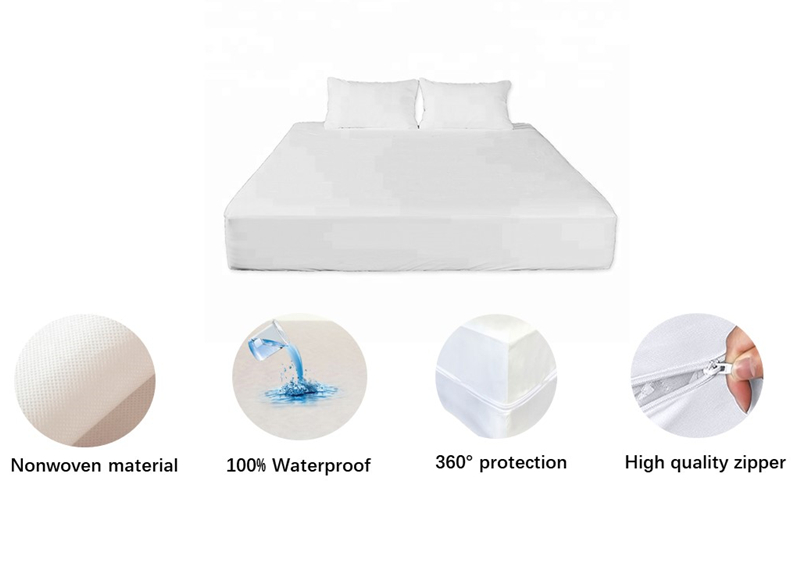
2. Breathability and Comfort
Regardless of the material used, the protector should be breathable to allow for airflow, which helps regulate body temperature and prevent overheating during sleep. A breathable protector also ensures that your mattress remains fresh and odor-free.
Comfort is another factor to consider. A mattress protector shouldn’t drastically change the feel of your mattress. However, some protectors add a layer of cushioning, which may be desirable if your mattress is too firm.
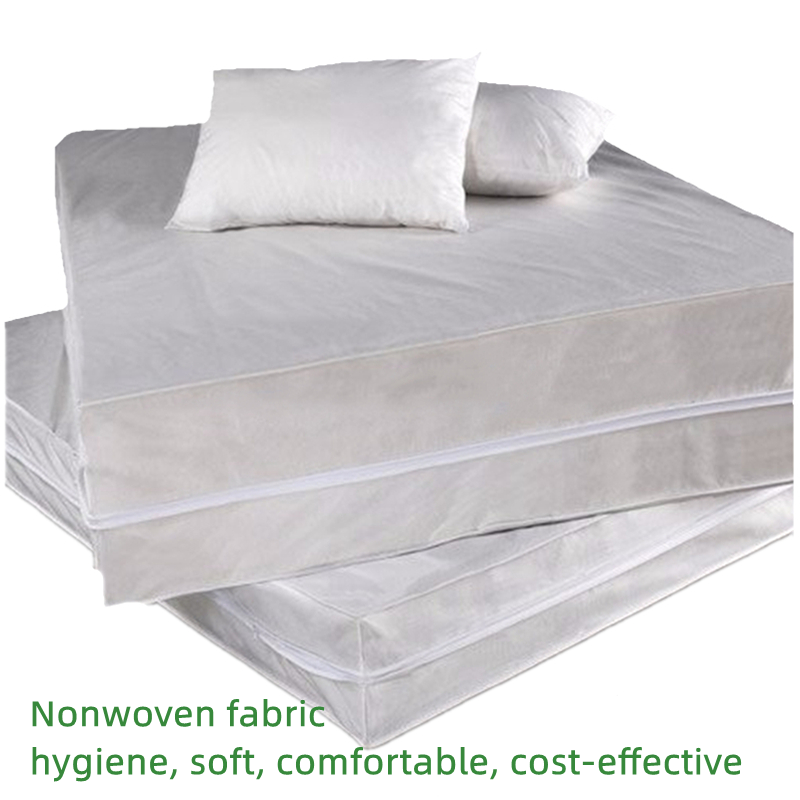
3. Waterproofing
If you’re particularly concerned about spills or accidents, look for a protector that offers waterproof protection. Waterproof protectors can help extend the life of your mattress by protecting it from stains and damage from liquids.
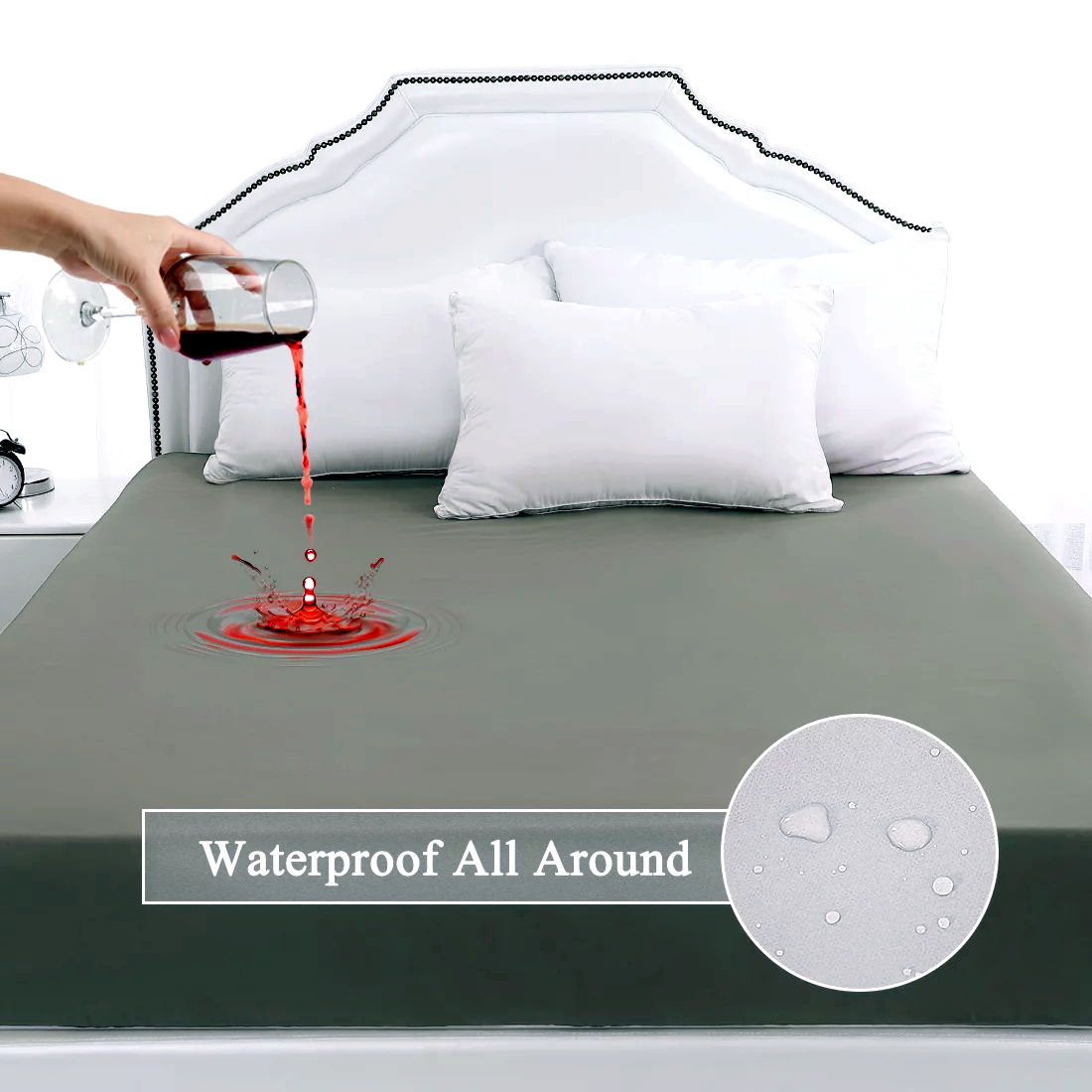
4. Allergen Protection
If you suffer from allergies, especially to dust mites or pet dander, a hypoallergenic mattress protector can be beneficial. These protectors are designed to prevent allergens from accumulating in your mattress, which can help reduce allergy symptoms.
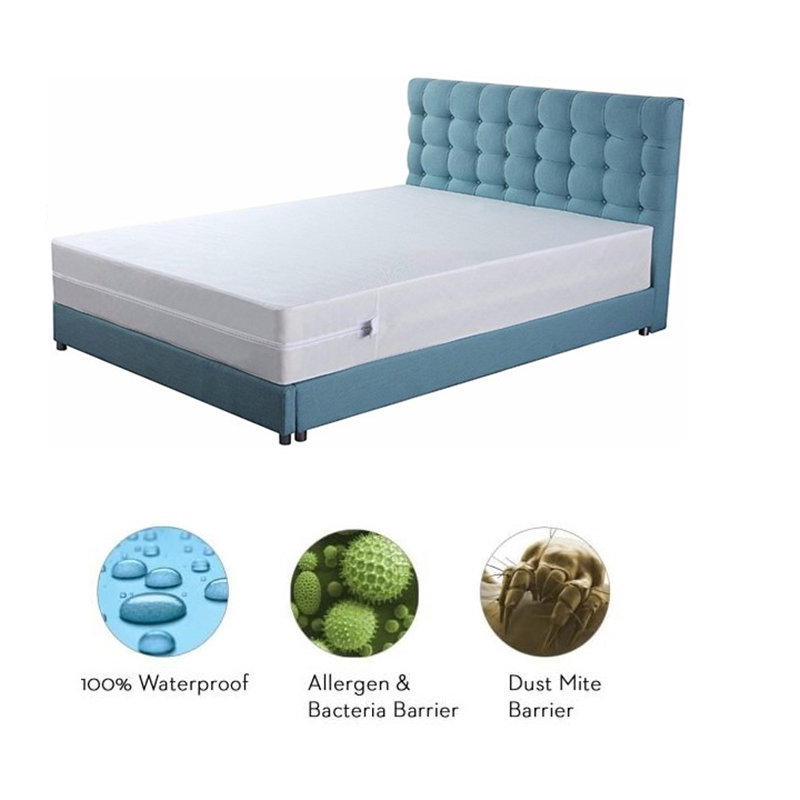
5. Suitable Color
When choosing a color for your mattress cover, consider selecting a color that complements your existing bedding and room decor. Take into account the color scheme or pattern of your sheets, blankets, and pillow, and select a mattress protector that matches or enhances those colors. If you prefer a more subtle look or have a frequently changing color scheme, opt for neutral colors like white, beige, or gray, as they easily blend with various styles and are generally more versatile. Ultimately, the choice of color should align with your personal preference and the overall aesthetic of your bedroom.
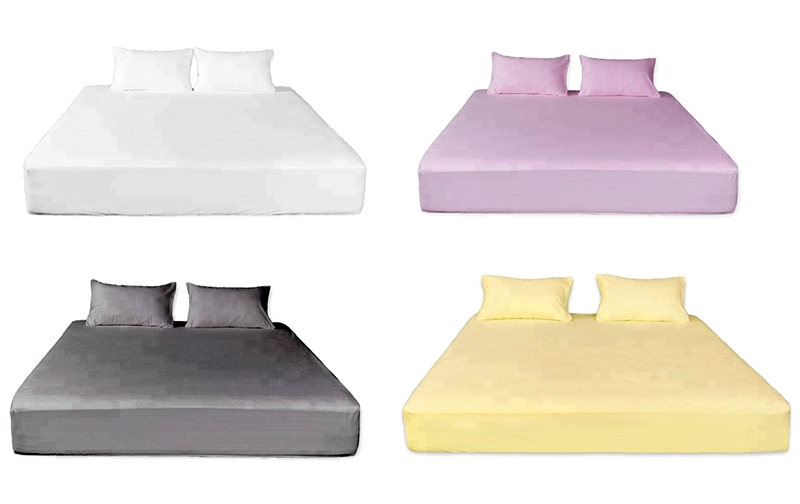
The Benefits of Using a Mattress Protector
There are several reasons why you might want to consider using a mattress protector, including:
- Longevity of Mattress:A protector can significantly extend the life of your mattress by safeguarding it against wear and tear, stains, and damage from liquids.
- Hygiene and Allergen Reduction:A mattress protector can keep your bed cleaner and more hygienic by preventing the accumulation of dust mites, allergens, and bacteria. This can be especially beneficial for people with allergies or asthma.
- Peace of Mind:With a mattress protector, you can rest easy knowing that your mattress is well-protected against spills, accidents, and other potential damage.
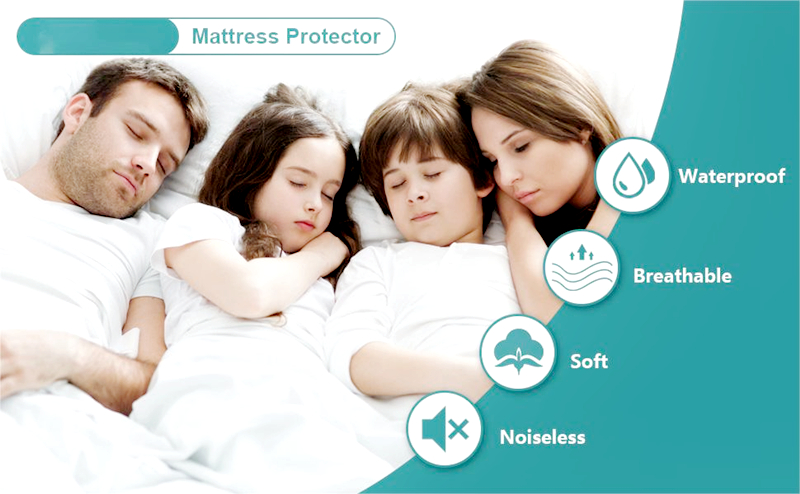
In conclusion, a mattress protector is a worthwhile investment that can contribute to a healthier and more comfortable sleep environment while extending the life of your mattress. When choosing a protector, consider factors such as size, breathability, comfort, waterproofing, allergen protection, and ease of cleaning. Also, remember to research the materials used in the protector to ensure they align with your health and environmental concerns.
Вопросы и ответы
1. Do I really need a mattress protector?
While not strictly necessary, a mattress protector is highly recommended to extend the life of your mattress and maintain a clean, healthy sleep environment. It can protect your mattress from spills, stains, and allergens, which is especially beneficial for those with allergies or asthma.
2. Will a mattress protector make my bed feel uncomfortable?
A quality mattress protector should not drastically alter the feel of your mattress. While some may add a slight layer of padding, most are thin and unobtrusive. Be sure to choose one that is breathable to ensure it doesn’t cause overheating during sleep.
3. Will a mattress protector stop bed bugs?
Encasement-style mattress protectors that zip closed around the entire mattress can provide protection against bed bugs. However, a standard fitted protector will not prevent bed bugs from infesting the mattress.
4. Are all mattress protectors waterproof?
Not all mattress protectors are waterproof. If protecting your mattress from spills or accidents is a priority, look for a protector that specifically offers waterproof protection.
5. What materials should I avoid in a mattress protector?
Some materials to avoid due to potential health concerns include vinyl/PVC, phthalates, and certain types of polyurethane foam. Instead, look for protectors made from safer materials like TPU or natural fibers.
6. Can a mattress protector help with allergies?
Yes, a hypoallergenic mattress protector can help reduce allergy symptoms by preventing allergens like dust mites and pet dander from accumulating in your mattress.
7. What size mattress protector do I need?
The size of your mattress protector should match the size of your mattress. They are available in all standard mattress sizes, including twin, full, queen, king, and California king. Also, consider the depth of your mattress, especially if it’s particularly thick or thin.

